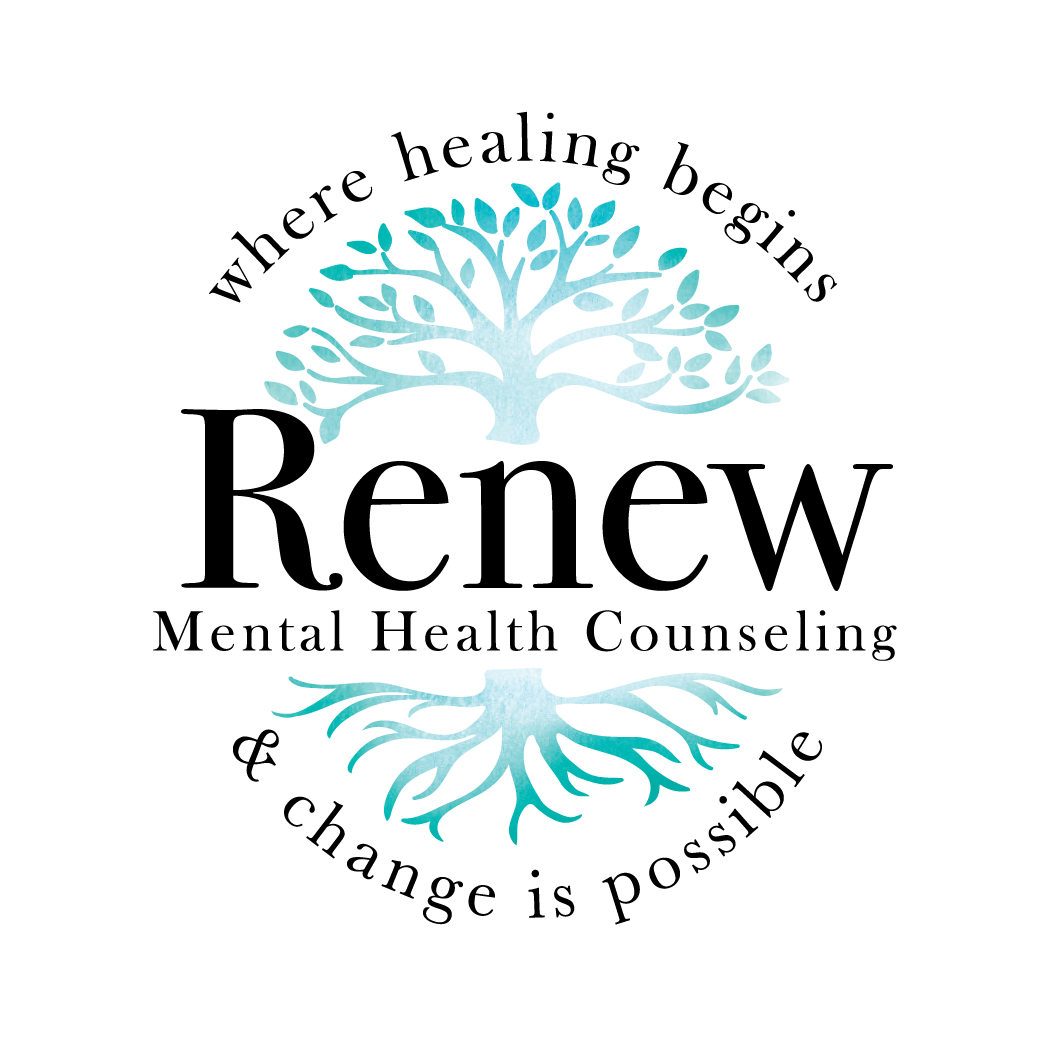In my last post I spoke about "The Little Engine That Could" and how thoughts are the best choice for the engine of our train rather than our behaviors or feelings. Ultimately, what we believe and think about the world, others and ourselves are the most consistent in our daily living; therefore, can lead us on our journey.
Though thoughts are the best choice of the three, they are not without flaw. Due to life experiences, relationship mishaps and overall negative events that have happened on our journey, we can create distorted ways of thinking as a result. Cognitive distortions or 'stinkin thinkin' as some may call it, is simply the label used to describe the irrational thoughts we convince ourselves to be true that ultimately reinforce inaccurate negative thoughts and beliefs. I am going to describe the 10 most common cognitive distortions that people engage in. The following is adapted from Robert Burns Feeling Good Handbook (1989).
1. All or Nothing or Polarized Thinking: This is where you see things in black and white, there is no grey area or middle ground. This thinking is also when you place people or situations into "either/or" categories without allowing for the complexities of people and situations to be possible. For example, if your performance falls short of perfect, then you see yourself as a total failure.
2. Overgeneralization: With this way of thinking, we come to conclusions based on one single event or piece of evidence. If we see something negative happen, we expect it to happen over and over again, creating a never ending pattern of defeat. For instance, you wake up in pain again and you think to yourself, "I will never be able to enjoy anything ever again."
3. Mental Filtering: This is where you take the negative details of a situation and filter out all the positive aspects. You focus so much so on the negative detail that your vision of reality becomes dark and distorted. For example, you are making dinner for friends and as you gather the ingredients you realize that you are missing one crucial ingredient. Now all you can think about is how you have ruined dinner because of it.
4. Disqualifying the Positive: You reject the positive experiences you have by insisting that they "don't count" for one reason or another. This way, you can maintain a negative belief that is contradicted by your everyday experiences. For example, your spouse tells you that you look great but you immediately think to yourself "I don't feel great, they don't get it."
5. Jumping to Conclusions: With this distortion, we "know" what others are thinking and feeling and why they do what they do without having any evidence to support our conclusions. There are two ways we do this: (1) MIND READING: We irrationally conclude that someone is acting negatively towards us and don't bother to find out if it is true. Example: you walk by a co-worker in the hallway and say hello but they don't say hi back. Of course you believe, it is because they don't like you or you have done something to offend them. (2) THE FORTUNE TELLER ERROR: You anticipate that things are going to go badly and you feel that your prediction is a fact. Example: you wake up with a headache and you now assume your whole day is ruined and you will never accomplish the things you need to get done.
6. Magnification (catastrophizing) or Minimizing: This is when you exaggerate the importance of things or inappropriately shrink them down to nothing. For example, you minimize your own qualities or someone's short comings, shrinking them down so much so they hardly exist in your mind. Or on the other side, you exaggerate your own mistakes or someone's great achievement.
7. Emotional Reasoning: This is where we believe that what we feel must be true automatically. If we feel stupid and boring, then we must be stupid and boring. You assume that your unhealthy emotions reflect he way things really are. Example: “I feel it, therefore it must be true.”
8. Labeling and Mislabeling: This is the extreme form of over generalization. Instead of describing your mistake or another's, you attach a negative label to yourself or someone. For example, you might label yourself by saying "I am a loser" because you failed to accomplish a specific task. Or you may label someone because of something they did by saying "He/She is XYZ."
9. Personalization: This is where you believe that everything that a person says or does is a direct personal reaction to you. When you engage in personalization, you will find yourself comparing to others and may also see yourself as the cause of some unhealthy external event that you were not responsible for. For example, you are late to a dinner invitation and you blame yourself for the hostess burning the dinner.
10. Should statements: This is where you motivate yourself with "should's and should not's" - in essence punishing yourself before you do anything. Other offenders are "must's and ought's." The emotional consequence is guilt, and these statements set you up for feeling resentful and pressured. For example, "I should workout. I should not be so lazy."
There are some other cognitive distortions that people engage in as well, such as: blaming and control fallacies but these ten listed above are the most common. Do you recognize any of these in your thinking? I certainly know that I can fall into some of them. The problem arises when you immerse yourself in this 'stinkin thinkin' consistently and automatically in your daily living. When these false truths become so ingrained in your mind it reinforces the negative false reality of the world, others and yourself, thus creating symptoms of depression. The good news is, with certain techniques, specifically Aaron Beck's Cognitive Behavioral Therapy (CBT) techniques, we can begin to learn to change the errors of our thinking and feel confident to have our thoughts back in the conductor's seat of our engine.
Kristin Ferri, LMHC, NCC
Additional Resources:
This is a good article further detailing cognitive distortions with some resources https://positivepsychologyprogram.com/cognitive-distortions/
Psychology Tools: Challenging Cognitive Distortions https://healthypsych.com/psychology-tools-challenging-cognitive-distortions/
The Cognitive Behavioral Workbook for Depression https://www.amazon.com/Cognitive-Behavioral-Workbook-Depression-Step/dp/1608823806/ref=sr_1_8?ie=UTF8&qid=1509833607&sr=8-8&keywords=cbt+workbook
The Anxiety and Worry Workbook https://www.amazon.com/Anxiety-Worry-Workbook-Cognitive-Behavioral/dp/160623918X/ref=sr_1_2?ie=UTF8&qid=1509833607&sr=8-2&keywords=cbt+workbook

